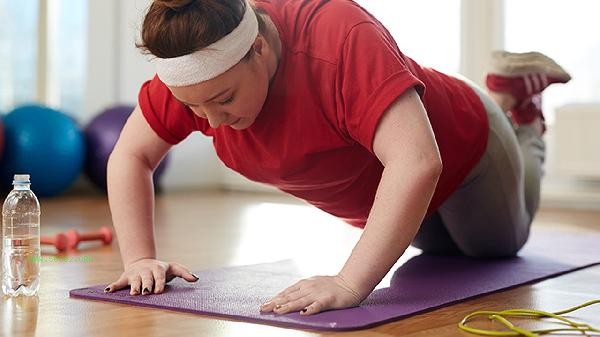Skipping a fitness breakfast may deplete muscles, but the specific effects vary from person to person. Muscle consumption is mainly related to factors such as fasting exercise duration, insufficient protein intake, and decreased basal metabolic rate. When engaging in high-intensity exercise on an empty stomach, the body will prioritize the breakdown of muscle glycogen for energy supply. When glycogen reserves are insufficient and there is a lack of exogenous nutritional supplementation, muscle protein catabolism may be initiated. Fitness enthusiasts who skip breakfast for a long time may experience muscle fiber atrophy, especially when lacking high-quality protein intake. Some people may maintain their exercise performance through short-term fasting training with fat supply, but they need to meet the conditions of sufficient protein for dinner the day before, moderate morning exercise intensity, and timely supplementation of exercise after meals. In such cases, the risk of muscle breakdown is low, but caution should be taken against dizziness and fatigue caused by hypoglycemia.

It is recommended that fitness enthusiasts supplement easily digestible carbohydrates and a small amount of protein before morning exercise, such as bananas with sugar free yogurt or whole wheat bread with egg whites. Within 30 minutes after exercise, consume sufficient amounts of high-quality protein and compound carbohydrates in a timely manner. You can choose to mix chicken breast with brown rice or whey protein powder mixed with oats. Regularly monitor changes in body composition to avoid muscle loss caused by long-term fasting exercise.









Comments (0)
Leave a Comment
No comments yet
Be the first to share your thoughts!